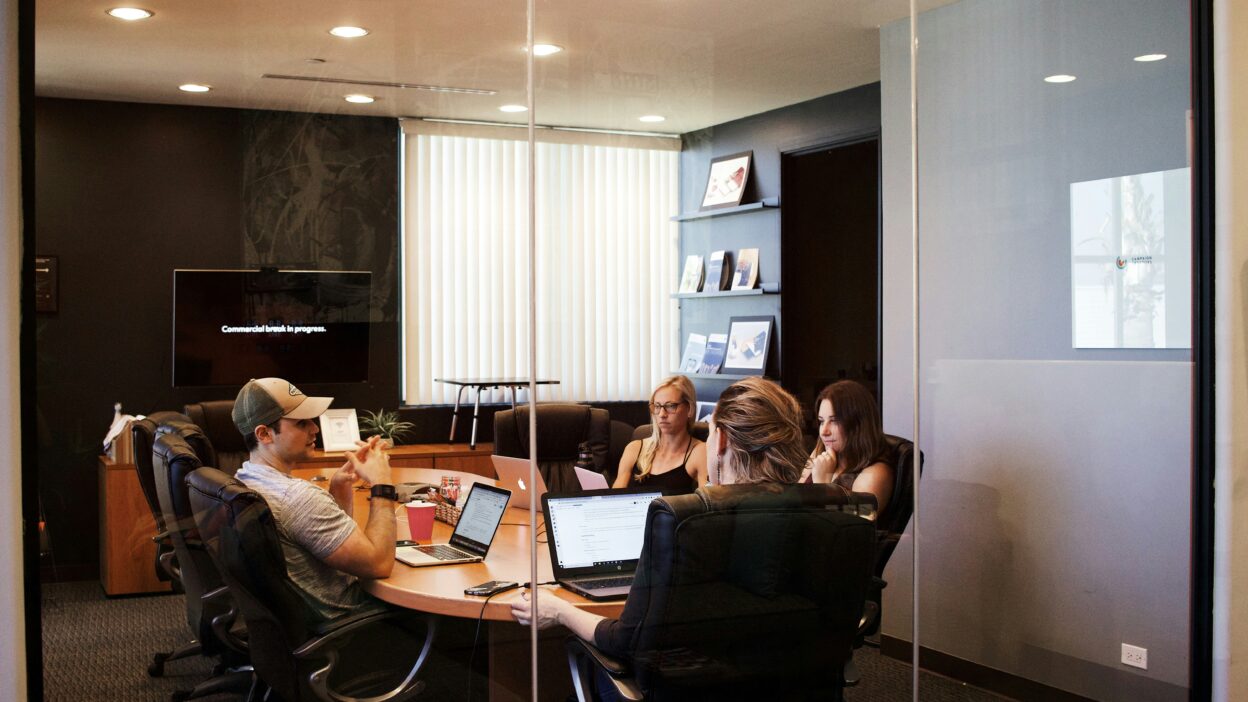In the hotel and tourism industry, the quality of customer service plays a key role in building a positive image for an accommodation facility. Regardless of the size of the facility, professional and competent service is what makes for a successful business. Therefore, investing in staff development should be a permanent element of a tourist facility's management strategy.
Why train staff?
Training for service personnel brings many benefits:
- Higher levels of guest satisfaction - staff are able to respond more efficiently and effectively to guests' needs and questions. Example: a reception staff member who has received guest service training is able to smoothly carry out check-in and suggest local attractions in the area, which directly influences the assessment of the stay.
- Increased work efficiency - familiarity with procedures and tools reduces handling time and the risk of errors. Example: a trained employee using the PMS system (Property Management System) quickly checks room availability, makes a booking, updates the calendar and issues a VAT invoice - all from a single panel.
- Increased motivation and commitment - employees feel valued and gain greater self-confidence. Regular workshops and participation in certified courses give them a sense of professional development and impact on service quality.
- Reducing staff turnover - Investment in development is a clear signal that the company cares about its people. Employees who are loyal to their workplace are less likely to look for alternatives and become brand ambassadors for the facility.
Key areas of training
- Standards of customer service in an accommodation facility
- How to greet the guest, how to respond to complaints, how to communicate professionally. Example: situational scenes teaching how to respond to a guest's dissatisfaction due to technical problems in the room.
- Management of reservations and hotel systems (PMS, Channel Manager, Booking Engine)
- Support for modern tools such as PMS, integration with Channel Managersynchronisation of bookings with OTA (Online Travel Agencies) platforms, e.g. Booking.com, Airbnb. Example: training in the use of a booking calendar and automatic updating of room availability.
- Interpersonal and communication competence
- Assertiveness, empathy, conflict resolution. Example: simulated conversations with a customer who has arrived after check-in hours or makes a noise complaint.
- Occupational health and safety in tourist facilities
- Health and safety procedures, standards of cleanliness and disinfection, handling emergency situations. Example: training on guest evacuation and AED defibrillator use in a hotel.
How to organise training in the accommodation industry?
- Internal training - led by experienced staff or facility manager. Example: discussing difficult situations, analysing guest reviews from sites such as Google, Booking.com, TripAdvisor.
- External training - organised by training companies specialising in the HoReCa sector, conducted online or on-site. Example: certified training in hotel facility management.
- E-learning materials and PMS training platforms - Videos, webinars, quizzes and knowledge tests available. Ideal for new and seasonal employees.
Summary
Training for hospitality staff is an investment that pays off in guest satisfaction, greater team efficiency and improved financial performance. It is worth considering them as an ongoing part of hotel business development, not just as a one-off event. Competent staff, well versed in tools such as PMS, online booking systems and service standards, is the best calling card for any accommodation facility.




